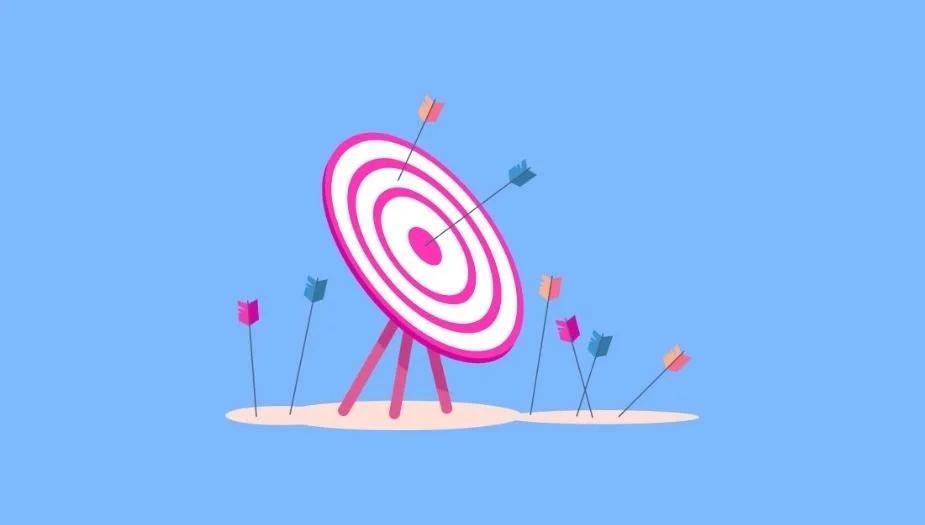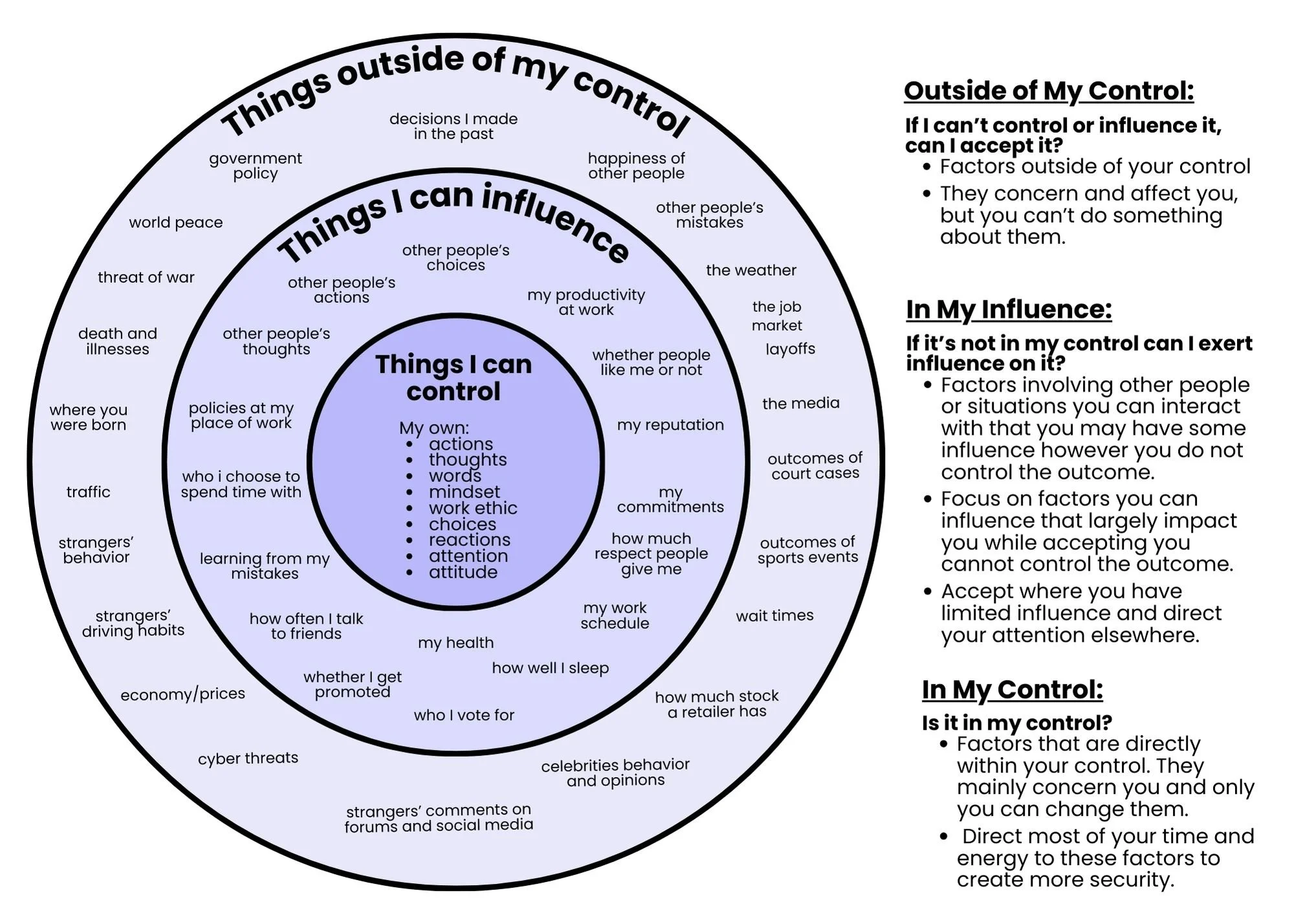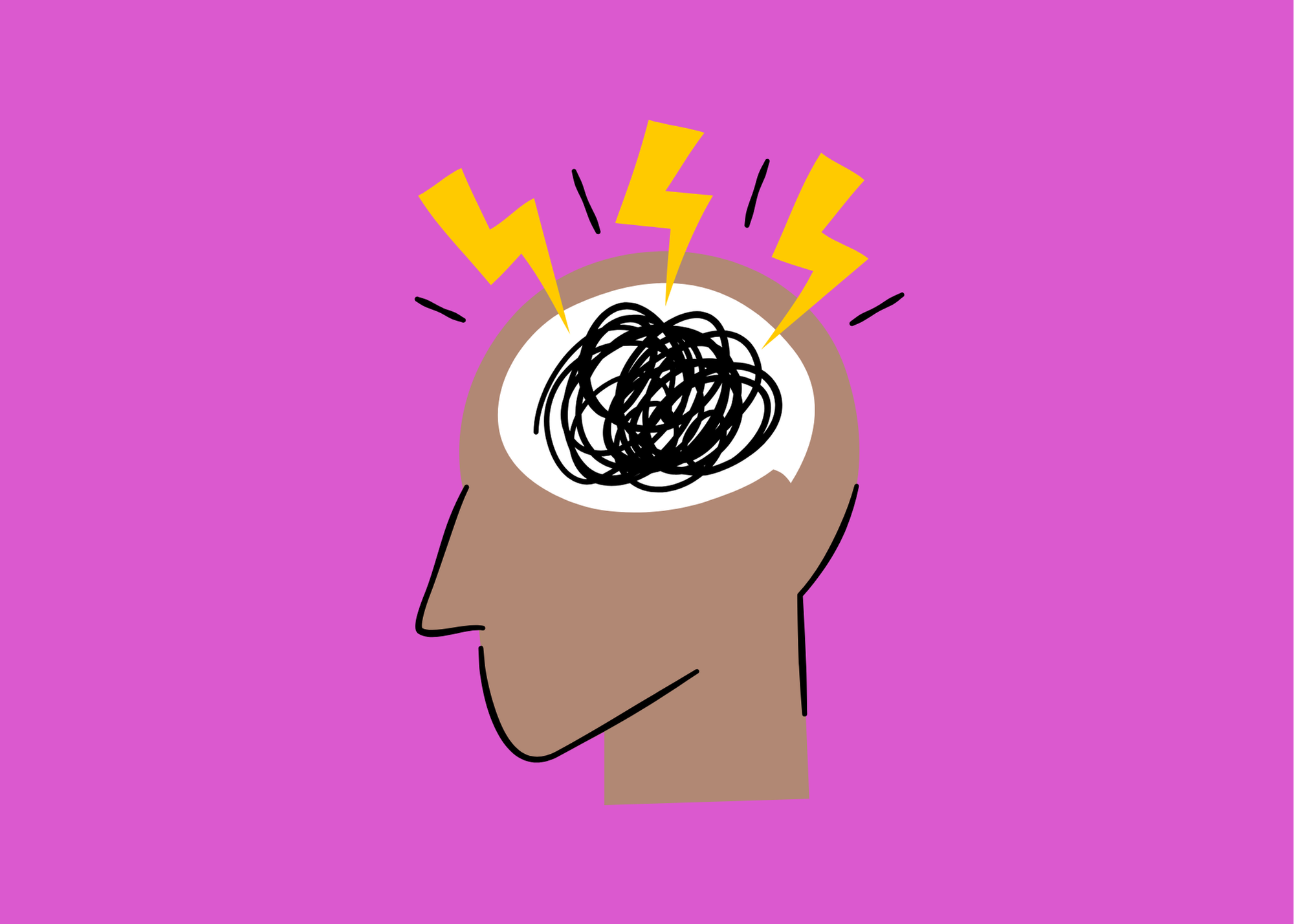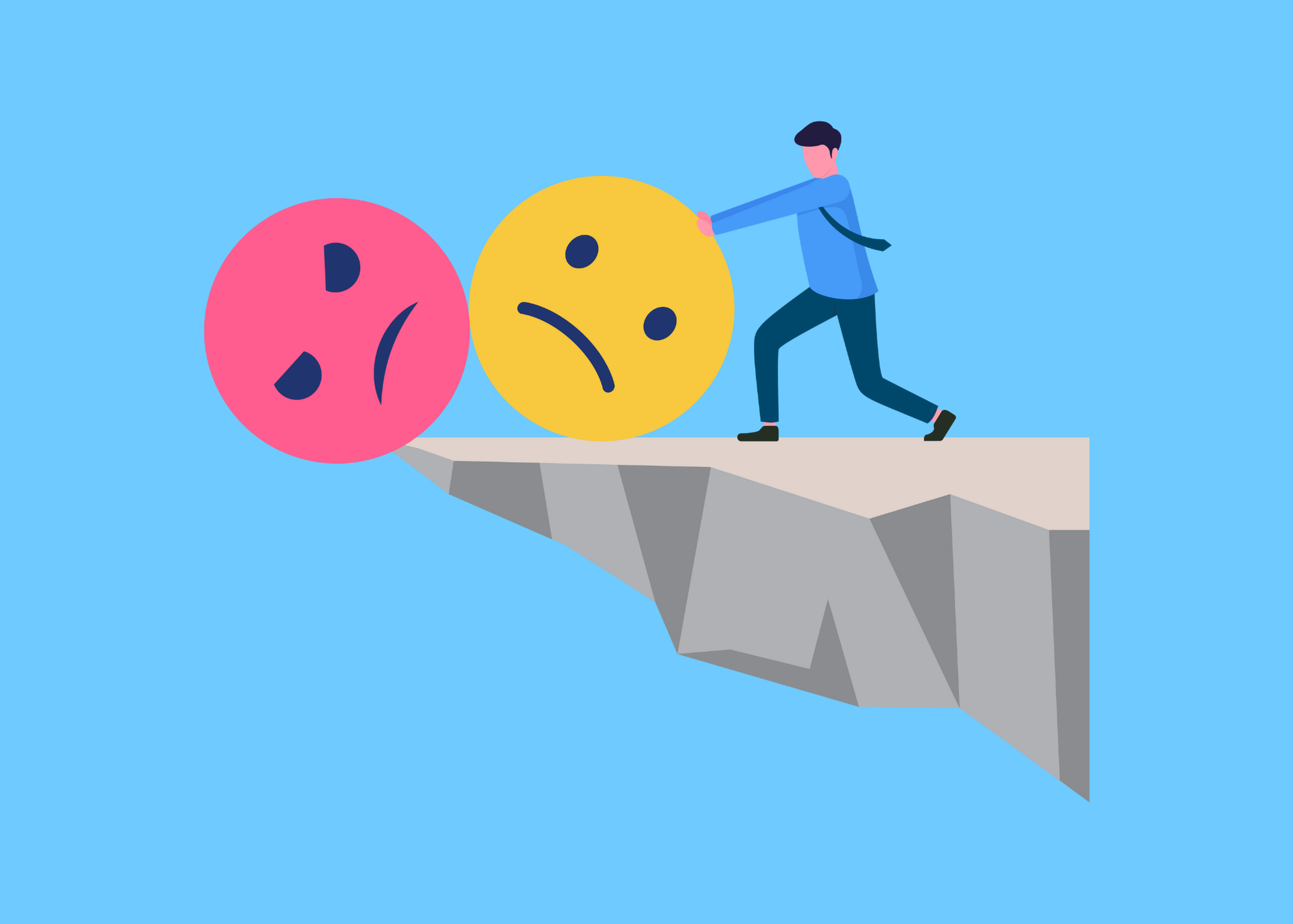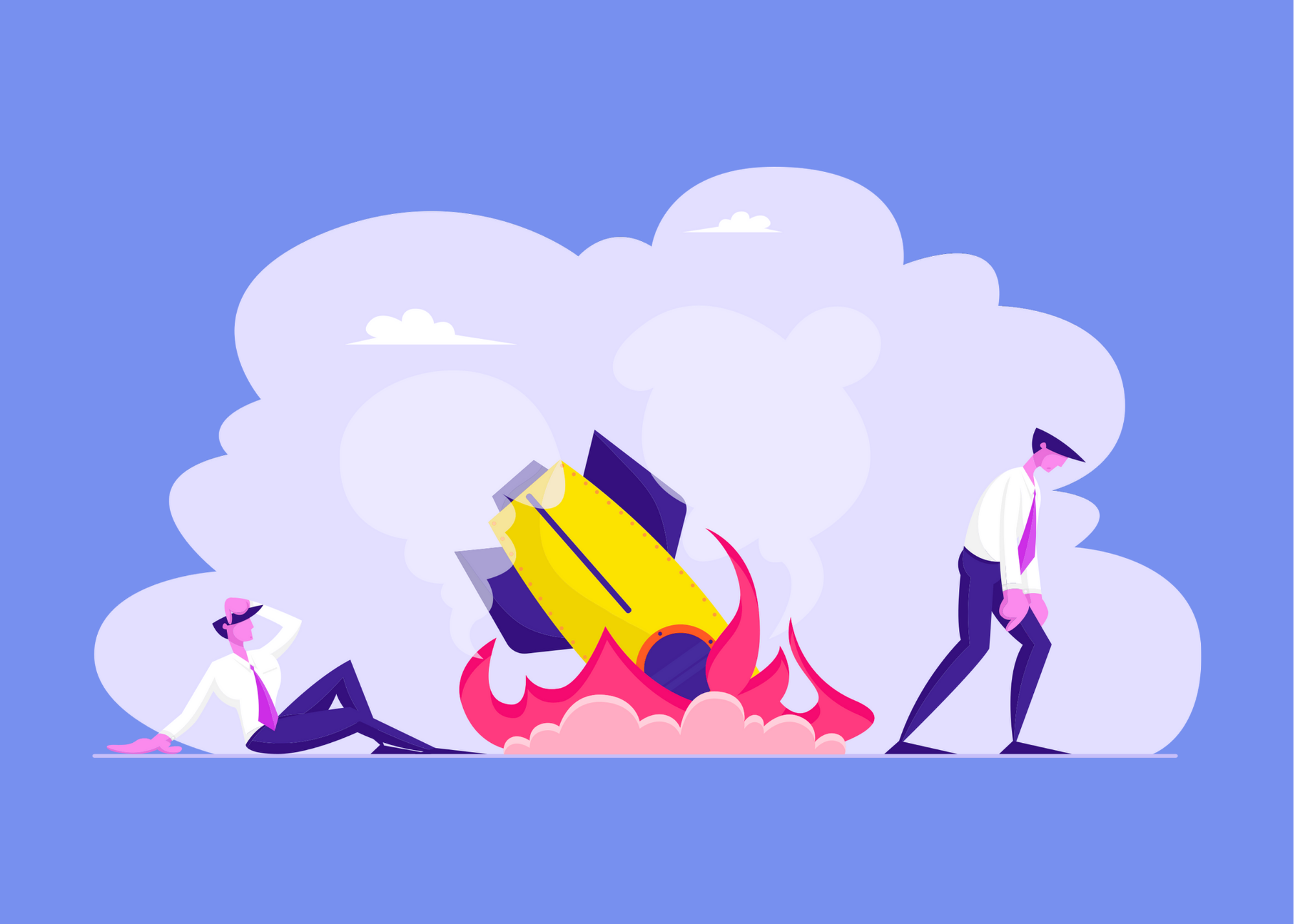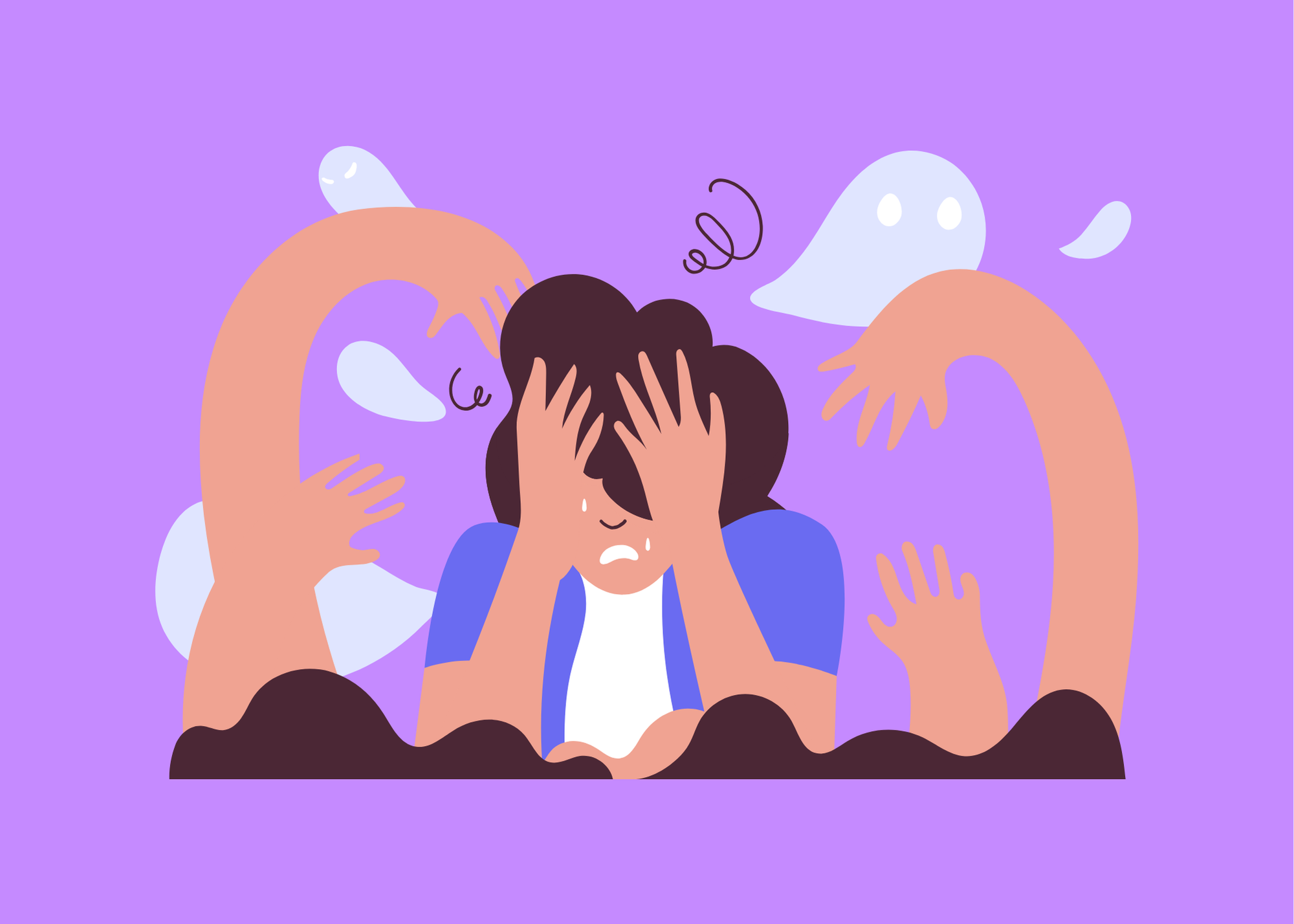The Spheres of Control: Distinguish What You Can and Can’t Control to Focus on What Matters Most
For maximum impact, focus on what moves the needle.
Let’s start with a truth bomb: you are not in control of everything, and trying to be is what’s quietly frying your nervous system.
If you’re a high achiever living in a state of chronic stress, constantly firefighting deadlines, inboxes, and existential dread disguised as back-to-back Zoom meetings, it’s time to get brutally honest about where your energy is going. Because mismanaging your attention—especially toward things you can’t control—is the fastest way to stay stuck, stressed, and spinning your wheels.
Enter: the Sphere of Control framework. It’s simple, but not soft. And it’s one of the most effective tools in the burnout recovery toolkit.
The Spheres of Control, Explained (With No Fluff)
Think of your mental energy as a finite currency. Where you spend it matters.
The Sphere of Control framework breaks down your concerns into three buckets:
Things You Can Control
Your mindset
Your nutrition, movement, sleep
Your calendar and boundaries (yes, even when you think you "can’t say no")
How you respond to stress
What you consume (media, food, caffeine, content, people)
Things You Can Influence
Workplace culture
Your boss’s opinion of your work
Your team’s habits
A client’s decision
A partner’s behavior
Things You Can’t Control
The economy
Your company’s reorg (again)
Other people’s opinions
Global chaos
Whether Mercury is in retrograde
The goal? Shift your energy to what you can control, be strategic about what you can influence, and let go of the rest before it steals your sanity.
The Psychology Behind Control (Because It Matters)
This framework is rooted in science, not Pinterest quotes. According to decades of psychological research on locus of control, individuals who focus on what they can control experience:
Lower cortisol levels
Improved emotional regulation
More resilience in high-stress environments
Reduced symptoms of anxiety and depression
In contrast, people who constantly obsess over what’s outside their control are more likely to experience burnout, disengagement, and learned helplessness.
In short: if everything feels like it’s out of your hands, of course you’re exhausted. You’re burning calories fighting a battle you can’t win.
Spheres of Control (aka Circles of Influence)
Why High Achievers Struggle With This (Yes, You)
Let’s address the obvious: high performers hate surrendering control. It feels like failure. But ironically, over-controlling types tend to:
Micromanage everything (and everyone)
Struggle to delegate
Ruminate endlessly over things they can’t fix
Experience chronic overwhelm and resentment
On the flip side, some folks give away too much control. They underestimate their agency, especially in toxic work environments or after prolonged stress. These people tend to:
Feel powerless
Blame external systems (often justifiably, but to a point)
Avoid setting boundaries or initiating change
Sound familiar? Most burned-out professionals swing between both extremes.
Evaluating Your Sphere of Control
The following steps can help you assess and refine your understanding of your sphere of control:
Step 1: Ask Foundational Questions
What in your life do you have total control over?
What do you have some control over?
What do you have no control over?
This exercise lays the groundwork for distinguishing between these domains. Write down your answers and categorize them into the three spheres.
Step 2: Test Your Assumptions
Critical scrutiny is essential. Don’t assume you’re powerless or all-powerful. Both are illusions. Ask:
Are you absolutely certain you have zero control over this? How do you know for sure?
"Is this truly outside of my control, or am I avoiding responsibility?"
"Am I catastrophizing or staying grounded in facts?"
Are you absolutely certain you have total control over this? What evidence supports this?
"What can I actually do to shift this outcome, even 1%?"
This helps you avoid cognitive distortions like:
Control fallacy: Believing you're responsible for everything
Learned helplessness: Believing you're responsible for nothing
Step 3: Allocate and Act
Now that you know where your power lies, double down.
Action plan:
Choose 1 thing you can control and optimize it this week. (Example: your morning routine, hydration, or bedtime.)
Identify 1 thing you can influence and make a micro-shift. (Example: how you prep your team for Monday meetings.)
Write down 1 thing you can’t control and consciously decide to let it go. (Pro tip: visualize releasing it like a balloon. Silly, but it works.)
Control Issues vs. Accountability Gaps
People often fall into two camps: those who attempt to control everything and those who struggle to take accountability for what is within their control.
Two dangerous zones to avoid:
Control Freak Mode
The desire to control everything often stems from fear or anxiety.
You’re running on adrenaline, trying to micromanage every email, Slack ping, and thought your manager might have.
Recognize that overextending your sense of control can lead to burnout and strained relationships. By acknowledging what lies outside your control, you free up mental and emotional energy to focus on areas where you can make a meaningful difference.
Victim Mode
On the other hand, some individuals underestimate their capacity to effect change, succumbing to a sense of helplessness.
You assume nothing can be done, so you doom scroll and stay stuck.
For these individuals, the sphere of control framework serves as a reminder of their agency. Emphasize the power you have over your thoughts, actions, and responses—these are significant drivers of your personal and professional success.
Here’s what a balanced mindset looks like:
"I can’t control what happens in the all-hands meeting, but I can control how I prepare, how I show up, and how I take care of myself afterward."
That’s real accountability. That’s where your power lives.
Why This Framework Matters in Burnout Recovery
When you're burned out, your nervous system is fried. Decision fatigue is real. The mental clutter of trying to fix everything is a huge contributor to that.
Using the Sphere of Control:
Helps reduce overwhelm by shrinking your mental to-do list
Builds momentum by focusing on small wins
Restores your sense of personal agency (essential to healing burnout)
For folks navigating systemic challenges—inequity, workplace discrimination, chronic illness, or caregiving responsibilities—this tool is even more crucial. It doesn’t dismiss those stressors. It helps you create a strategy to survive and thrive within them.
TL;DR: Your New Decision Filter
Here’s the cheat code:
Before you react, ask: Is this within my control? Can I influence it? Or is this something I need to release?
Your health, your performance, and your peace of mind depend on your ability to stop wasting energy on the uncontrollable.
Because let’s be real: You have enough on your plate without carrying the weight of the entire world.
Final Thoughts: Take the Mental Load Off
You don’t need to be superhuman. You need to be strategic. Start treating your energy like the precious resource it is. Don’t give it away to things you can’t control. You deserve better.
Need help figuring out where your biggest energy leaks are? That’s exactly what I help clients do inside my burnout recovery coaching program. We get real about what’s draining you, what’s within your power, and how to rebuild a life that doesn’t run on fumes.
Because burnout isn’t solved with bubble baths. It’s solved with boundaries, strategy, and better systems.
Need Help? You can’t control everything—and trying to is exhausting.
Let’s focus on what you can control and create systems that support your growth, not drain it.
🔑 Book a free 20-minute strategy session and let’s identify what deserves your energy.
Article References
The sources cited in the article:
Learningloop.io “Circles of Influence. What it Is, How it Works, Examples.” learningloop.io - Circles of Influence
modern works. “The Power of Covey’s Circle of Concern, Influence, and Control.” modernworks - Covey’s Circle of Conern
Positive Psychology (PP). “Understanding the Circles of Influence, Concern, and Control.” PP - Circles of Influence
Forbes. "Cultivating Your Sphere of Influence." Forbes - Cultivating Your Sphere of Influence
